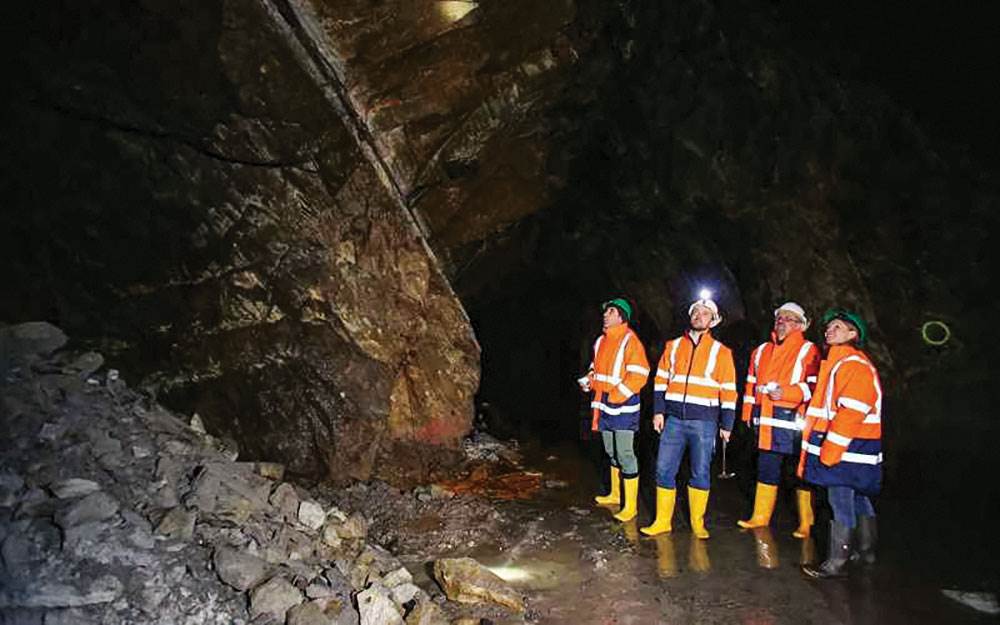Europe seeking to expand lithium mining as cars go green
With the world aiming for green cars in the near future as the threat of the climate crisis looms, Europe is seeking an expansion in its lithium mining despite warnings of the environmental repercussions.
-

Europe will not even meet more than 30% of its lithium, cobalt, and lithium needs in 2030 with demands expected to be 40 times higher by 2040
Europe eyes expanding its lithium mining and refining capacity and accustom itself to imports as the resource reportedly becomes vital in the fight against climate change.
Lithium, cobalt, and nickel allow electricity to be stored and transported, making the resources essential in the production of electric batteries as car manufacturers attempt to move from the polluting fossil fuels, which have been a major contributor to the climate crisis ravaging the planet.
Europe is mainly dependant on external sources for the precious metals key in the shift from fossil fuels.
Australia is the world's biggest producer of "white gold," whereas China homes 60% of global lithium refining, a process that transforms the metal into carbonate or lithium hydroxide.
Europe "really is not on the map" in terms of mining or processing lithium, according to Robert Colbourn, an analyst at Benchmark Mineral Intelligence.
Despite having lithium mines and developing some, the lithium produced on the old continent is not of battery-grade, he said.
By 2030 Europe is probably going to need over 500,000 tons of lithium a year
The International Energy Agency predicts global demand for lithium will be 40-folds greater by 2040. Lithium produced in 2021 amounts to 475,000 tonnes.
By 2030, Europe would not have even met 30% of its needs of the three metals-, a report submitted by the French government said.
"Our forecast is that by 2030 Europe is probably going to need over 500,000 tons of lithium a year, which is bigger than the world market today," said Colbourn, adding that battery production was driving the surging demand.
The European Union has recently added lithium to its list of critical metals.
The bloc does not know how to it will be supplying the planned 38 new electric plants across the continent with the required materials, with the French side stressing the need for strong measures as the 27 nation bloc prepares for the shift from oil to metals.
So far, France sees that the EU "[depends] far too much on external powers, especially China."
Europe's Mineral resources
Europe does not lack lithium, nickel, or cobalt, with deposits in Germany, Portugal, the Czech Republic, Serbia, and France, with the latter allocating some billion euros for the extraction or refining of the coveted metals.
Germany and Portugal have plans to expand mining and refining; however, this comes amid stark warnings over the adverse effects of increased mining activity on the environment, making the solution to the crisis a problem as well.
On September 11, around 2000 protesters marched through the streets of Belgrade demanding Serbia's government to take more action to prevent industrial pollution, with some denouncing plans by Anglo-Australian mining firm Rio Tinto aimed at establishing a lithium mine in the country.
Europe could also seek an increase in its lithium sources in Latin America. Chile, Bolivia, and Argentina form what is known as a "lithium triangle," which is the world's second-largest producer of the so-called "white gold".
Western aspirations to accessing Bolivia's deposits had led to a US-backed coup that forced former President Evo Morales to resign at the time.

 3 Min Read
3 Min Read








